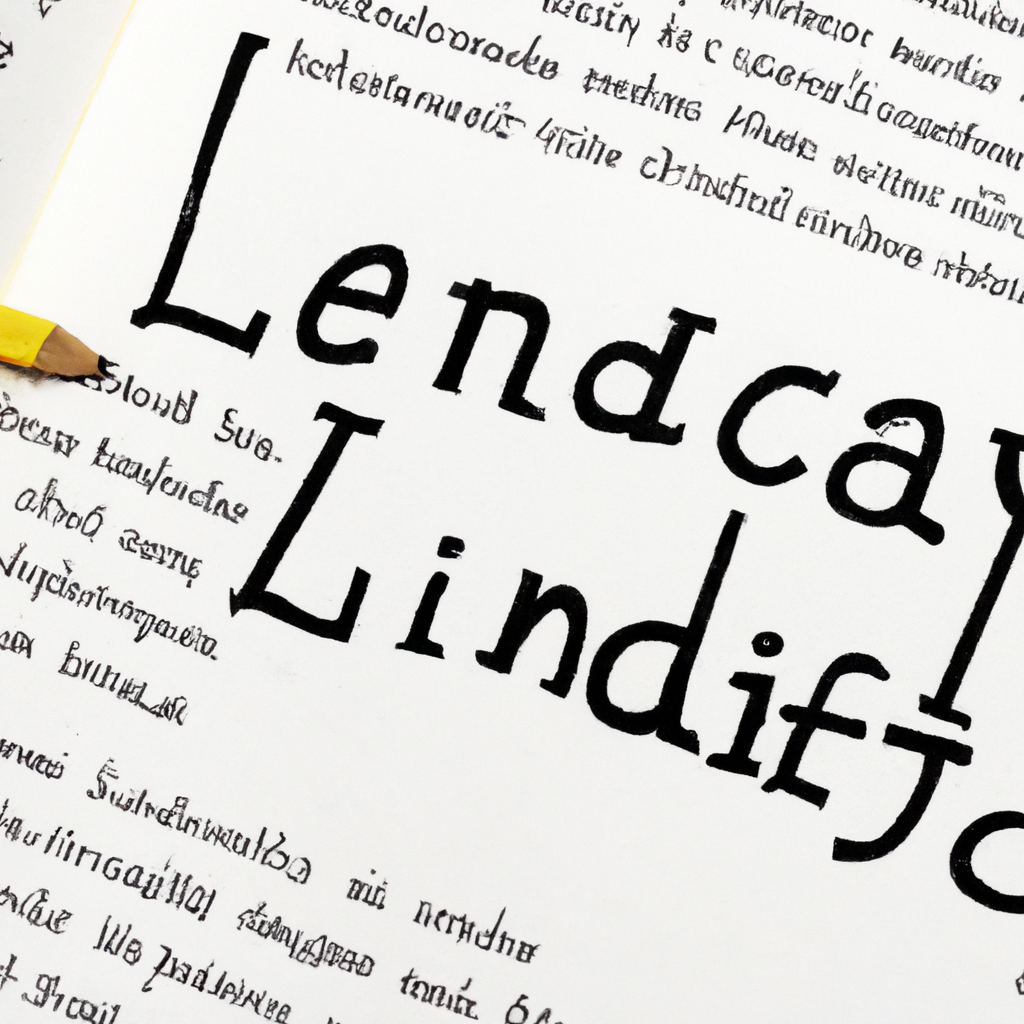Financial Literacy and Education: A Pathway to Economic Empowerment
Introduction
Financial literacy and education are pivotal to individual and societal economic empowerment. They form the foundation for understanding and making informed decisions about personal finance, including budgeting, investing, and retirement planning. This article delves into the importance of financial literacy and education, the current state of financial literacy globally, and how to improve it.
The Importance of Financial Literacy
Financial literacy is the ability to understand and use various financial skills, including personal financial management, budgeting, and investing. It is necessary for financial health and independence, and it impacts various aspects of life, from everyday spending decisions to long-term financial planning.
Personal Financial Management
Understanding personal finance basics like budgeting, saving, debt, and investing allows individuals to make informed decisions and meet personal financial goals. It also helps in managing financial risks and avoiding financial pitfalls.
Investing and Retirement Planning
With adequate financial literacy, individuals can navigate the complex world of investing and retirement planning. They can understand the various investment options, assess their risks and returns, and make decisions that align with their financial goals and risk tolerance.
The Current State of Financial Literacy Globally
Despite the importance of financial literacy, studies show that financial literacy levels are relatively low worldwide. Many people lack basic financial knowledge and skills, leading to poor financial decisions and outcomes. This lack of financial literacy is not confined to any one demographic or geographic region; it is a global issue affecting people of all ages, income levels, and backgrounds.
Improving Financial Literacy and Education
Improving financial literacy and education is a collective responsibility involving individuals, educators, financial institutions, and governments. It requires a multifaceted approach, including financial education in schools, community-based financial literacy programs, and online financial education resources.
Financial Education in Schools
Integrating financial education into school curriculums is a proactive way to equip young people with the financial skills they need. It can help them understand the value of money, the importance of saving, and the basics of credit and investing from an early age.
Community-Based Financial Literacy Programs
Community-based financial literacy programs can reach adults who may have missed out on financial education in school. These programs can provide practical financial skills and knowledge, helping individuals and families improve their financial health and wellbeing.
Online Financial Education Resources
The internet offers a wealth of financial education resources, from online courses and webinars to blogs and podcasts. These resources can make financial education accessible to a broader audience and cater to different learning styles and preferences.
Conclusion
Financial literacy and education are essential for individual and societal economic empowerment. While the current state of financial literacy globally leaves room for improvement, there are various ways to enhance financial literacy and education, from school-based financial education to online resources. By improving financial literacy, we can equip individuals with the skills they need to make informed financial decisions and achieve their financial goals.




